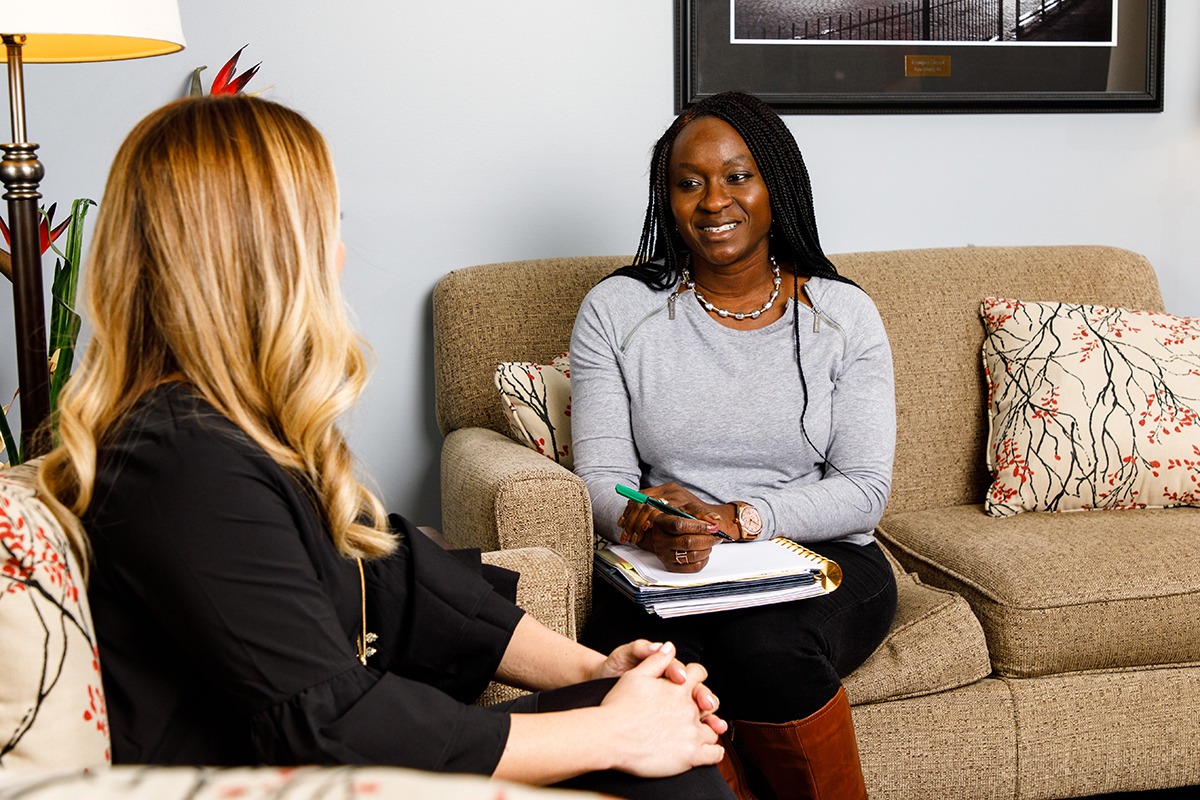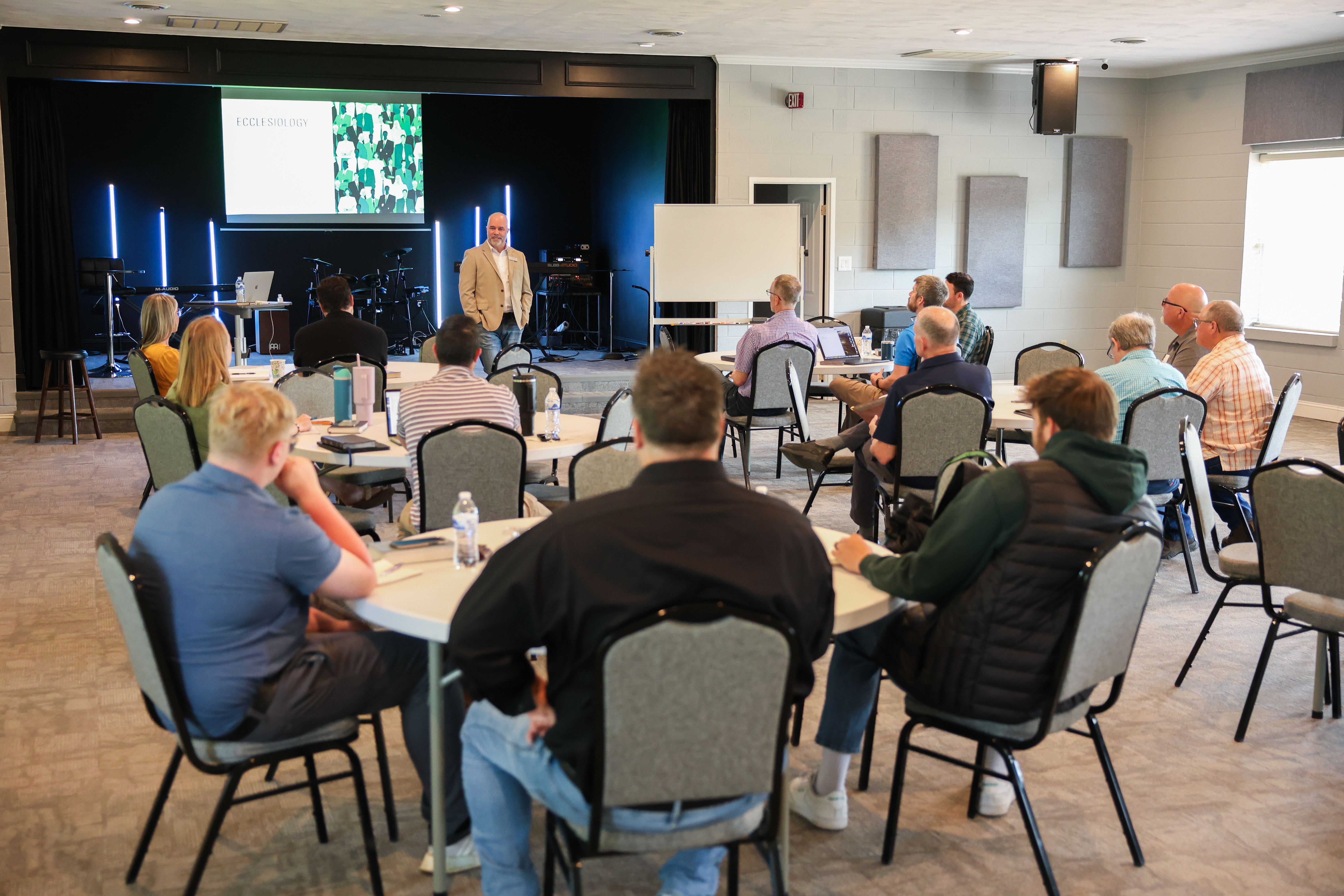Search News Archives
Filter News Articles
Additional Navigation
Liberty’s fastest-growing nursing program meets increased demand for mental health training
November 15, 2022 : By Ryan Klinker - Office of Communications & Public Engagement
 In response to a continued need for mental health services in the United States and worldwide, Liberty University’s School of Nursing launched a Psychiatric Mental Health Nurse Practitioner (PMHNP) program in 2018, and today it is the fastest-growing program in the nursing school.
In response to a continued need for mental health services in the United States and worldwide, Liberty University’s School of Nursing launched a Psychiatric Mental Health Nurse Practitioner (PMHNP) program in 2018, and today it is the fastest-growing program in the nursing school.
The program is divided into three sections: students who are post-BSN, students who are post-MSN, and current nurse practitioners who complete a postgraduate certificate program leading to eligibility for national certification and state licensure as a Psychiatric Mental Health Nurse Practitioner.
The post-BSN and post-MSN programs last three years as part of the training to become a nurse practitioner, and the certification takes one year.
Courses are taught by psychiatric nurse practitioners with years of experience in the field, some of whom own their own practice.
“We all have experience in the field, so we do get opportunities to (share that),” program director Sherri Walker said. “We’re able to interject pieces of our experience, whether it’s with medications or diagnoses, and we have the opportunity to speak from that.”
The training includes treating standardized patients (people who portray patients for the purpose of medical training) remotely through telehealth training as well as an interactive software, Shadow Health, which exposes students to a variety of disorders to address.
Most of the186 students enrolled in the PMHNP program are earning their postgraduate certificate, while there are 35 in the post-MSN and 23 in the post-BSN. Sharon Kopis, chair of Liberty’s DNP and APRN programs, explained that the students in the certification program are enrolling as a result of seeing a growing need for mental healthcare in the medical field.
“They are already providing healthcare at the highest level that nursing can provide as nurse practitioners, and they work in pediatrics, family, women’s health, and other specialties. All of those areas overlap and need mental healthcare,” Kopis said. “These nurse practitioners are going back for additional specialized (training) because they’re seeing more of a need for this in their patient population.”
The multifaceted field of mental health includes treating patients for depression, anxiety, and substance abuse among countless other conditions. Treating such issues has become increasingly prevalent in the healthcare field and beyond due to the COVID pandemic’s emotional effects, among other factors.
“There’s such a need for mental health treatment, especially post-COVID,” Walker said. “We’re seeing a lot of ramifications from that time still; depression, anxiety, phobias, and so on. I think there is a lot of brokenness, a lot of anxiety and stress, and so our program really helps equip nurses to treat those conditions. When we treat, we don’t just treat the body or just the mind; we treat the body, mind, and soul.”
Kopis explained that this rise in demand for mental health services has coincided with a shortage of providers who can offer the appropriate treatment in many communities, something the program hopes to change.
“There’s not always a provider in the area to refer patients to, and not every patient can travel a longer distance to get that care,” Kopis said. “(The program) can really expand the number of healthcare providers who can provide mental healthcare services across the lifespan, from pediatrics all the way up to geriatrics. The substance abuse issues in America are also critically important, and mental health care needs are increasing worldwide.”
As is the case with every course at Liberty, the curriculum teaches students how to approach their work with a biblical worldview, allowing their time spent with patients to be an opportunity to care for more than just the patient’s physical or mental needs.
“What a great opportunity to share God’s love with someone who you can really minister to as you meet their emotional and psychological needs,” Kopis said. “It’s another avenue to share God’s love. Many times, especially with mental health, we don’t see the scars or the hurt, but the patients are broken and need our care and God’s love.”


